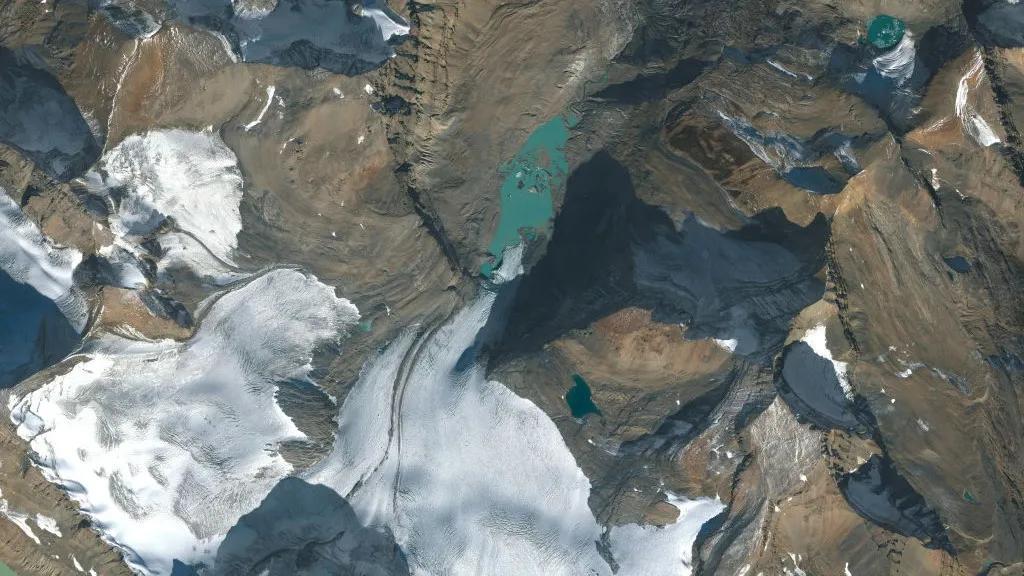
North America & Europe’s Glaciers Lost Unprecedented Ice in 4 Years: Study
In a startling revelation, a recent study has found that glaciers in North America and Europe have lost an unprecedented amount of ice over the past four years. The research, published in the journal Geophysical Research Letters, reveals that glaciers in Washington, Montana, British Columbia, Alberta, and the Swiss Alps have experienced a significant decline in ice mass between 2021 and 2024.
According to the study, which analyzed data from 2010 to 2024, the rate of ice loss has accelerated dramatically over the past four years. In fact, the researchers found that the amount of ice lost between 2021 and 2024 is twice the amount recorded from 2010 to 2020.
The study, which was conducted by a team of scientists from the University of Colorado Boulder, the University of Montana, and the University of Zurich, used satellite data and other methods to track changes in glacier mass. The researchers found that the glaciers in the regions studied lost a staggering 24.5 billion tons of ice per year on average between 2021 and 2024. This is significantly higher than the average annual loss of 12.2 billion tons recorded between 2010 and 2020.
The Swiss Alps, in particular, have been affected by the rapid ice loss. The researchers found that the glaciers in this region lost an average of 1.7 billion tons of ice per year between 2021 and 2024. This represents a significant increase from the average annual loss of 0.8 billion tons recorded between 2010 and 2020.
The overall impact of this rapid ice loss is substantial. The study found that the glaciers in the regions studied shrank by up to 13% between 2021 and 2024. This is a significant increase from the 6% shrinkage recorded between 2010 and 2020.
The findings of this study are a stark reminder of the urgent need to address climate change. Rising temperatures and changing precipitation patterns are having a profound impact on the world’s glaciers, and it is essential that we take immediate action to reduce our carbon footprint and mitigate the effects of climate change.
The study’s lead author, Dr. Brian Menounos, a glaciologist at the University of British Columbia, emphasized the importance of continued research on glacier dynamics. “Glaciers are a critical component of the Earth’s climate system, and their loss can have significant impacts on sea levels, water resources, and ecosystems,” he said. “By understanding the dynamics of glacier change, we can better predict the impacts of climate change and develop strategies to mitigate them.”
The study’s findings have significant implications for various industries and communities. For example, the rapid melting of glaciers in the Swiss Alps is likely to have significant impacts on the region’s ski resorts and tourism industry. Similarly, the loss of glaciers in the western United States and Canada is likely to have significant impacts on water resources and hydropower production.
In conclusion, the recent study on the loss of ice in North America and Europe’s glaciers is a stark reminder of the urgent need to address climate change. The rapid melting of glaciers is having significant impacts on the environment, ecosystems, and human communities, and it is essential that we take immediate action to reduce our carbon footprint and mitigate the effects of climate change.
Source:
https://agupubs.onlinelibrary.wiley.com/doi/10.1029/2025GL115235






